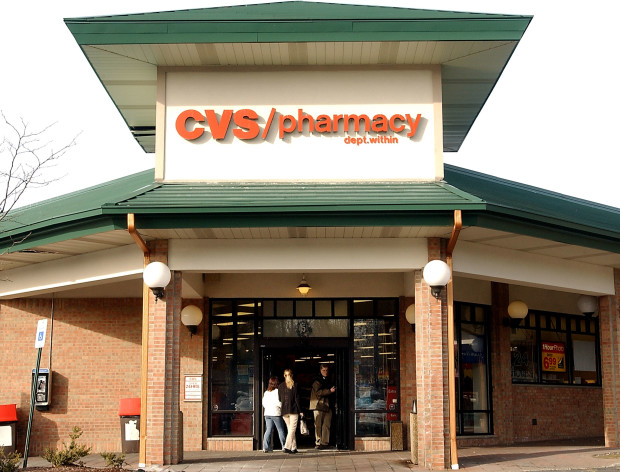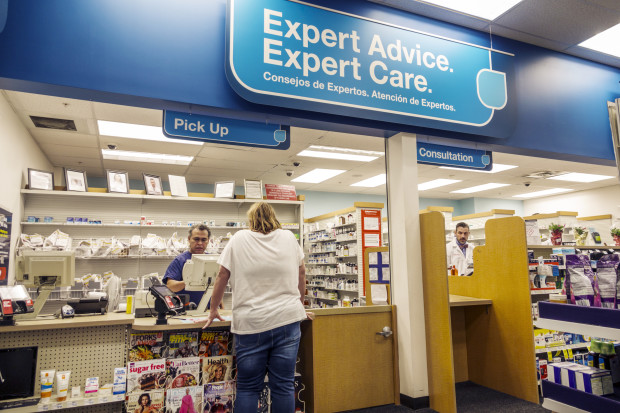
The brick-and-mortar retail landscape is an increasingly cutthroat place.
Large incumbents no longer enjoy the safe and comfortable moat they once did. Customers don't simply visit their local Walmart (WMT) -) or Kroger (KR) -) because it's the only game in town.
DON'T MISS: Another massive retailer is sounding the alarm about this scary in-store crime
Now, even the most rural areas have at least a handful of retailers to choose from (especially with the proliferation of stores like Dollar Tree (DLTR) -), Dollar General (DG) -), and Five Below (FIVE) -)).
Not to mention: Online shopping has revolutionized the way consumers find their goods. Amazon's (AMZN) -) Prime Day demonstrates that people don't only like the convenience of shopping online, they embrace it enthusiastically.
Which for our brick-and-mortar incumbents means iteration and growth aren't just exciting. They're necessary for survival.
Walmart and Target (TGT) -) each has come up with its own version of an online storefront, with speedy delivery and a wide array of choices.
Grocery stores have established or partnered with delivery services. Regular sales, promotions, and other attention-getting initiatives prove there's no such thing as loyalty to particular retailers now. The average consumer is savvier -- and she has more options.
Oftentimes, those options are available as a one-stop shop. On Amazon for paper towels and bandages, but you last-minute-realized you also need a gallon of milk? Add it to your Amazon Fresh cart. Retailers' push into new aisles and departments in an attempt to capture more consumer cash is an ever more competitive game.
And one of the most coveted departments is the pharmacy.
Amazon has been pushing into drugs and generics for years. Costco (COST) -), Dollar General (DG) -), Walmart's (WMT) -) Sam's Club, and most grocery stores offer some semblance of health-care and pharmacological services.
This should be scary for a company like CVS (CVS) -) -- except the drugstore giant has already been iterating.

CVS pushes into a billion-dollar market
The largest drugstore in America said on Wednesday that it was launching a new company, with the goal of bringing down drug prices for its customers.
The company, called Cordavis, will produce biosimilar medications and negotiate directly with drugmakers to bring costs down.
It will partner with Novartis (NVS) -), the Swiss health-care giant, to produce Hyrimoz, an arthritis drug. Currently, AbbVie (ABBV) -) makes the most popular version of the arthritis drug -- Humira -- but it sells it at a steeper cost. CVS is hoping this may reduce costs for the revolutionary treatment by up to 80%.
Biosimilars are different from generic drugs because they cost more to research and produce. They are made from living cells and must replicate organic processes, and thus they are much pricier than a given generic drug.
AbbVie has found itself in particularly hot water over price hikes for Humira. A recent report finds that AbbVie and its former parent raised the price 30 times over the past 20 years and the price is up 60% since 2016. It now costs more than $80,000 a year.
CVS has not only market opportunity but also the scale to compete with the large drugmakers.
"Biosimilars are crucial to creating competition and reducing costs for specialty pharmaceuticals where drug prices are rising the fastest," CVS Chief Pharmacy Officer Prem Shah said.
"Through our direct involvement, we will expand the supply chain and ensure biosimilar availability in the market. We have assembled a talented team at Cordavis and look forward to the value this business will deliver to patients and payors."
Get investment guidance from trusted portfolio managers without the management fees. Sign up for Action Alerts PLUS now.







